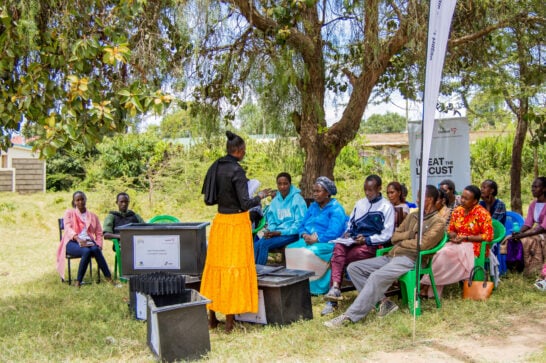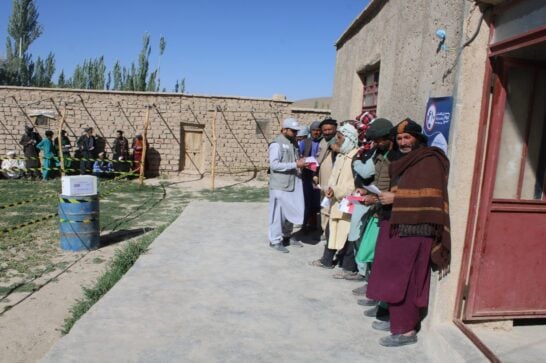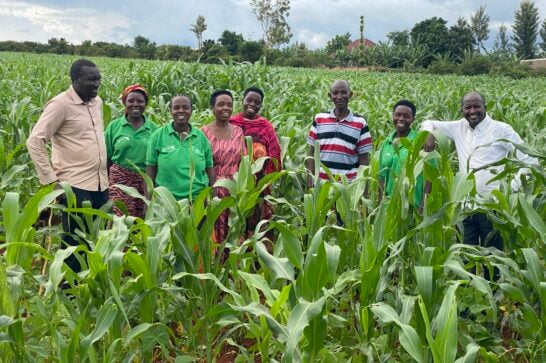Cordaid works towards strengthened and transformed systems that benefit underserved people in fragile and conflict-affected regions. This involves making the systems more inclusive, sustainable, equitable, and effective so people can live a dignified and healthy life in peace.
Locally-Led Development
We believe locally-led development is essential for fostering equity in international humanitarian and development efforts. We can effectively address long-term development challenges by empowering local actors to take the lead.



